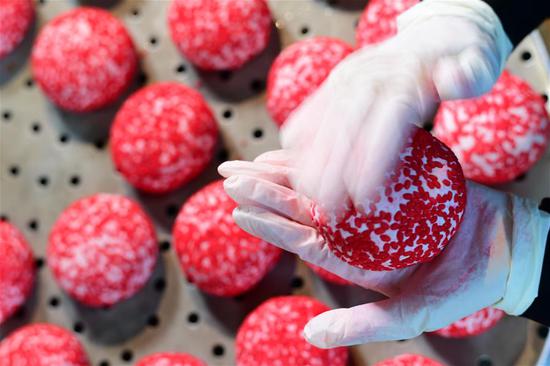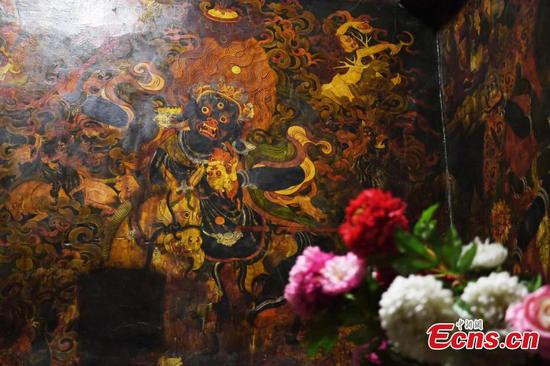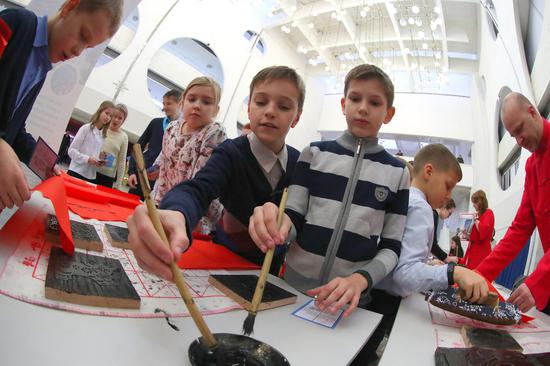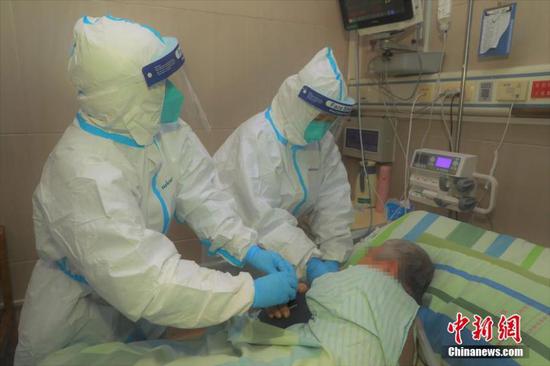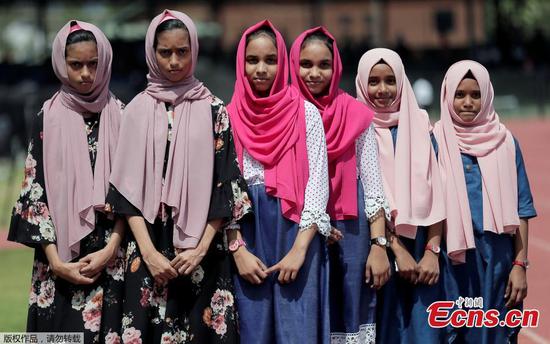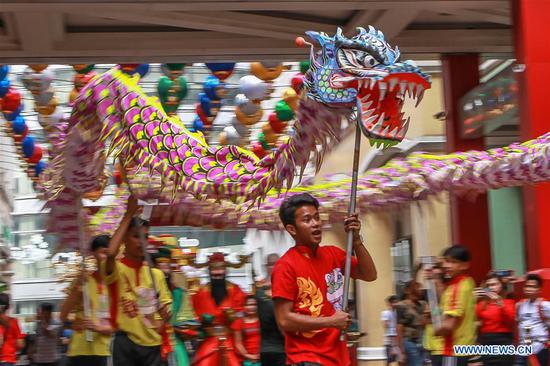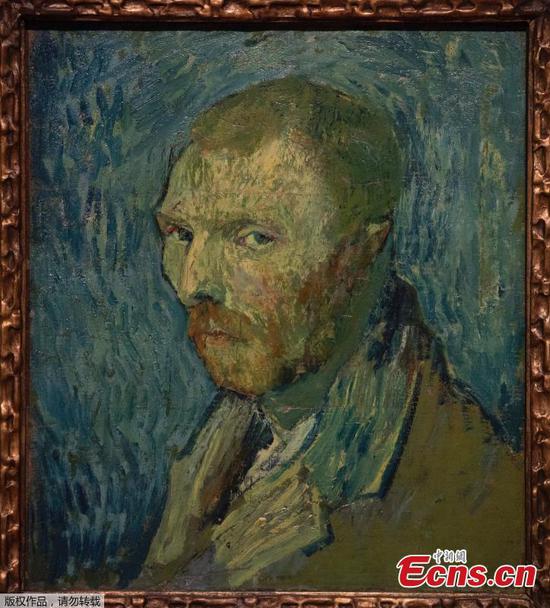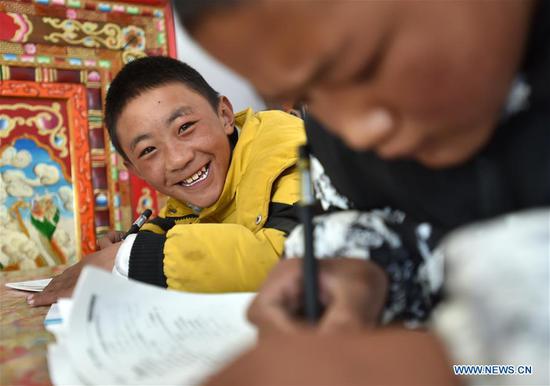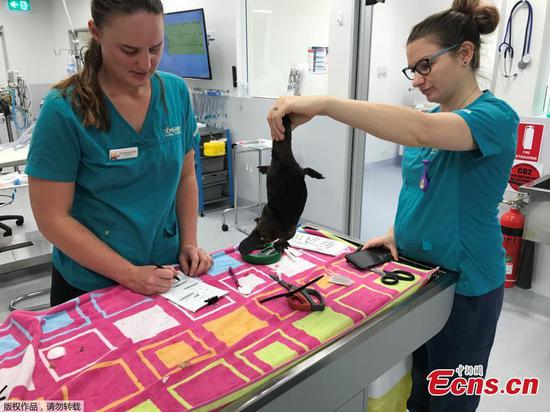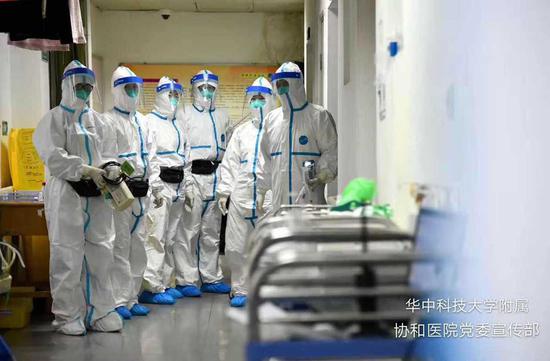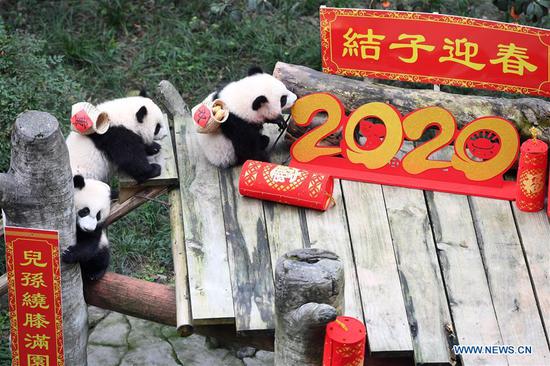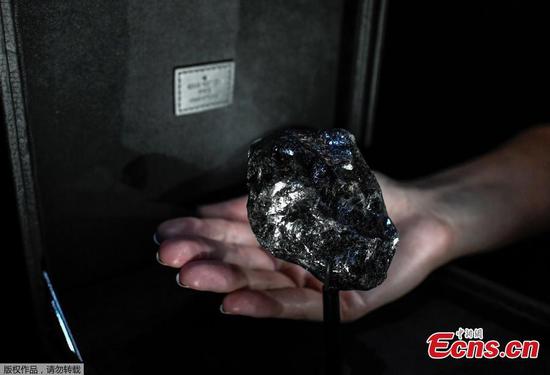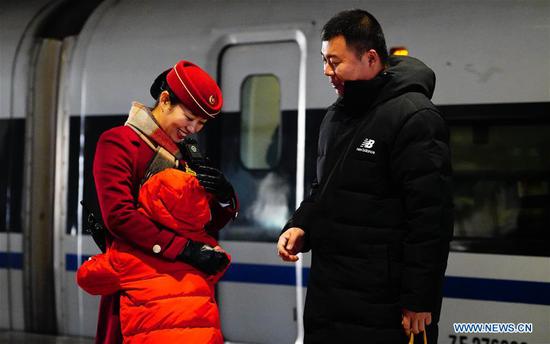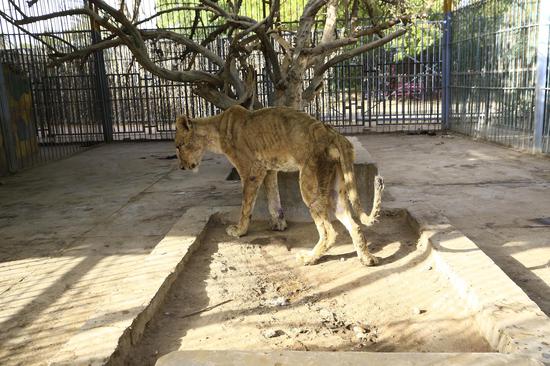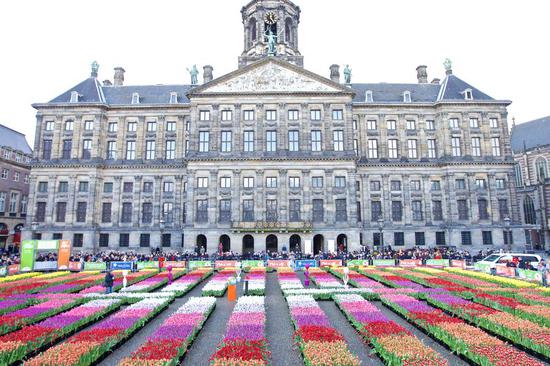A special bell-ringing ceremony was held Wednesday afternoon at the Nasdaq to celebrate the upcoming Chinese Lunar New Year.
On 4:00 p.m. (2100 GMT), Chinese Consul General in New York Huang Ping rang the closing bell at Nasdaq to celebrate the approaching Chinese Lunar New Year, which falls on Saturday.
In a brief speech, Huang said he appreciated Nasdaq's holding the closing bell ceremony ahead of the traditional Chinese Year of the Rat, adding that in Chinese culture, the rat stands for swiftness and vitality, which are good virtues for investors.
Huang said the year 2019 was a "very good year" for Nasdaq, as the Nasdaq Composite Index exceeded 9,000 points for the first time in history.
For the year 2020, Huang wished the Nasdaq would climb even higher, and that China and the United States would work together to build a good relationship based on collaboration, cooperation and stability.
He also wished a "very happy, prosperous new year" to all Nasdaq staffers and representatives from the local Chinese community.
Robert McCooey, senior vice president of Nasdaq's Listing Services unit, said Nasdaq was proud to house 133 Chinese companies, which have given investors "great opportunities to invest in the growth of China."
"These companies truly embodied the entrepreneurial spirit that our two great nations share and we know that's something we in Nasdaq as well as Chinese people have in common," said McCooey.
A traditional Chinese-style picture featuring red lanterns, golden peonies, auspicious clouds and a golden rat was shown on Nasdaq Tower screens at Times Square to celebrate the approaching Chinese Lunar New Year.









